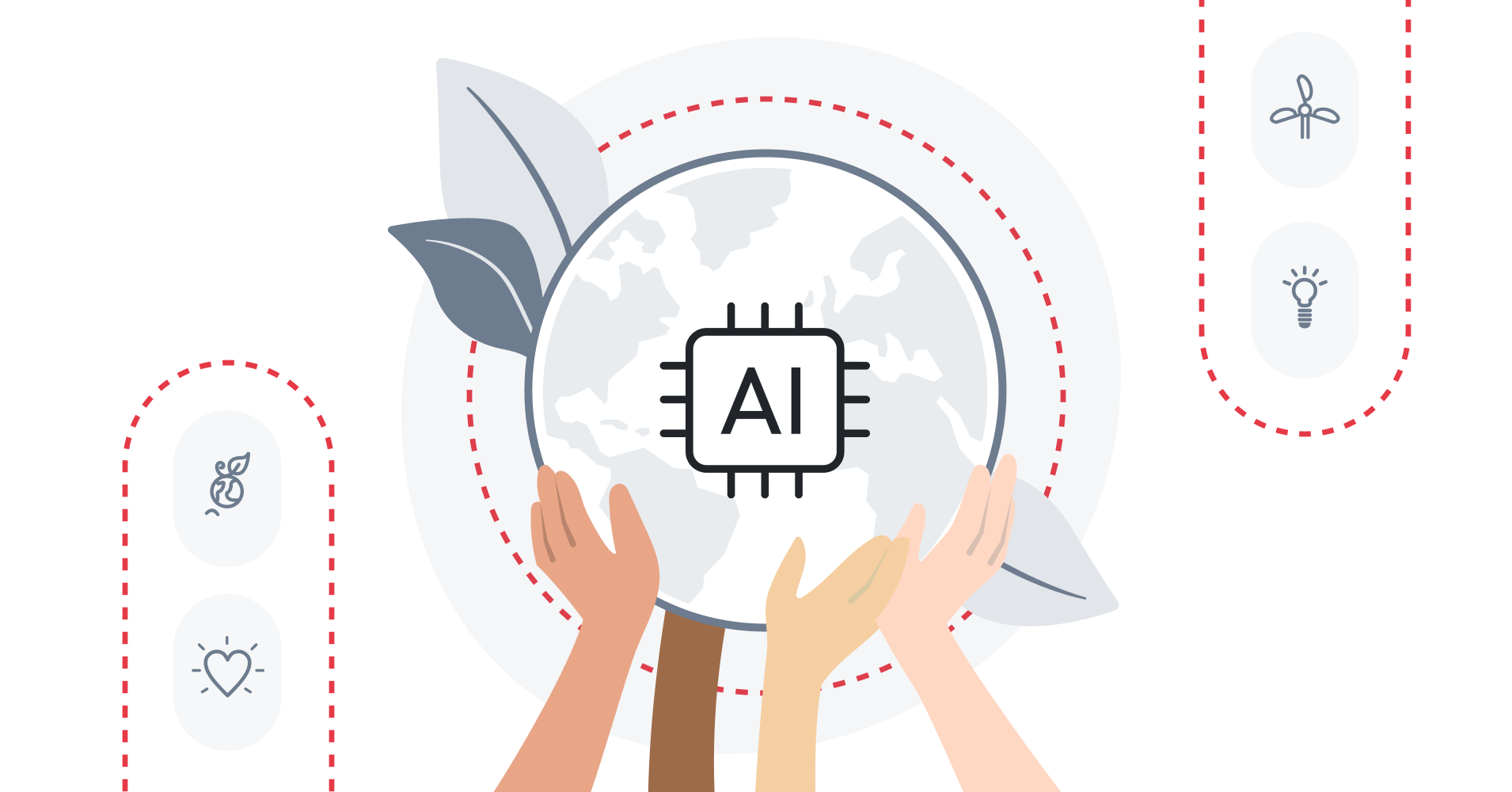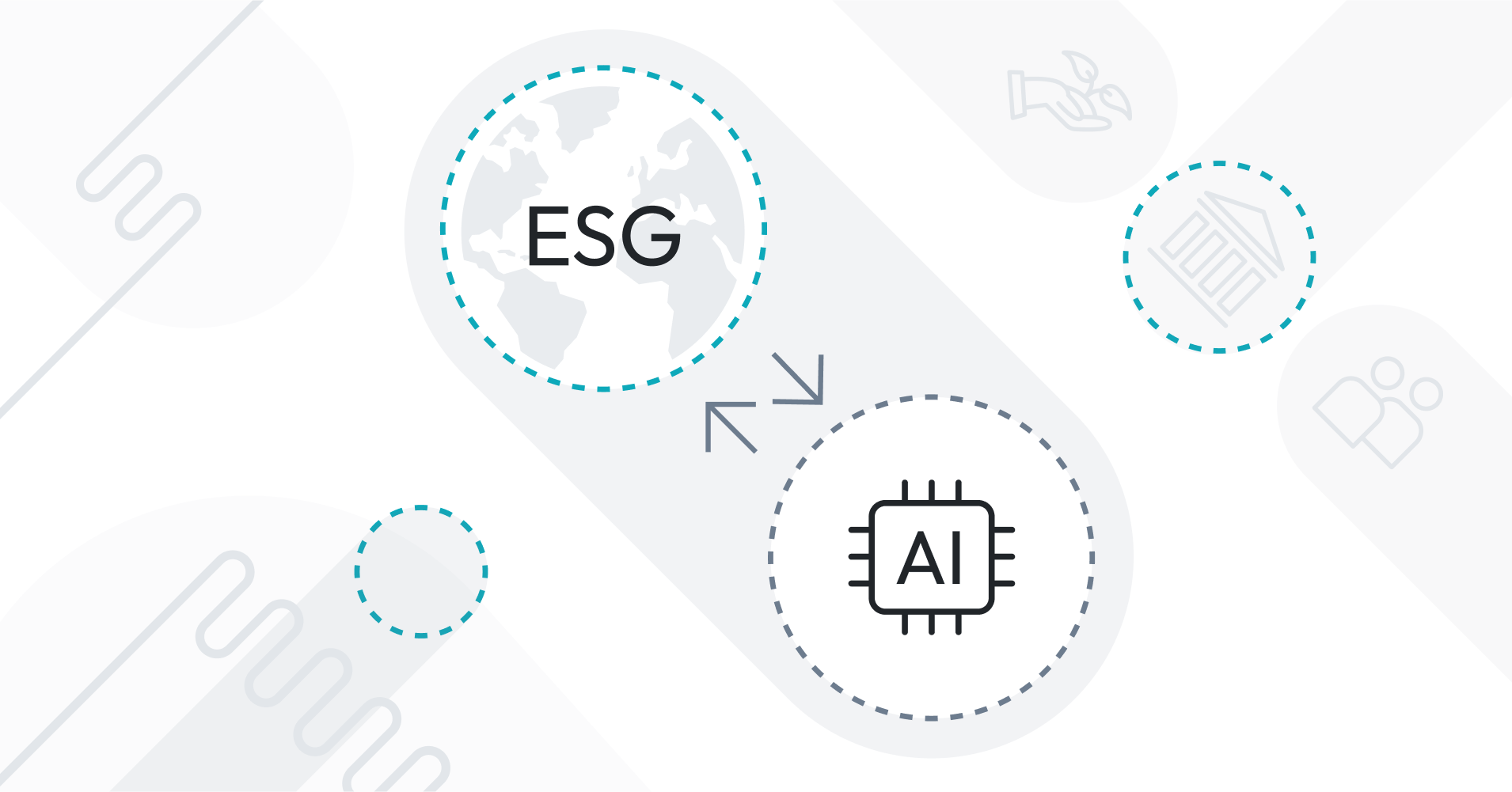As ChatGPT continues to grow in popularity, more and more people are turning to this AI-powered tool to help them with a variety of tasks, from writing essays to generating content ideas. However, one of the most important aspects of using ChatGPT is crafting effective prompts.
How to write prompts for ChatGPT?
Whether you're looking for help with creative writing, content marketing, or anything in between, a well-crafted prompt can make all the difference in getting the results you need. Here are some tips and tricks for writing great ChatGPT prompts that will help you get the most out of ChatGPT.
Be specific
One of the most important things to keep in mind when writing a ChatGPT prompt is to be as specific as possible. This means giving the tool a clear idea of what you're looking for, whether that's a specific topic, style, or tone. By being specific, you'll be more likely to get the results you need, and you'll be able to save time by avoiding unnecessary revisions.
For example, instead of simply asking for "a blog post on social media," you might try something like a 500-word blog post on the benefits of using Instagram for small businesses.
Use clear language
Another key factor in creating effective prompts is using clear, straightforward language. Avoid using overly technical terms or jargon that might be confusing, and make sure to use language that is easy to understand. For instance, if you're asking for a prompt on a complex topic like blockchain technology, it's important to use simple, clear language that ChatGPT can easily process and to narrow the length of the response.
Instead of asking for "an explanation of who is a front-end developer", try something like "a 500-word article that explains the work of a front-end developer."
ChatGPT has a vast vocabulary, but it may struggle with some words or phrases that are too specific or complex.
Consider the audience
When creating specific ChatGPT prompts, it's important to keep your audience in mind. Think about who will be reading the content generated by ChatGPT, and tailor your prompts accordingly. This might mean using a more conversational tone for a blog post or social media update, or using more formal language for academic or technical writing.
For example, if you're looking for a ChatGPT prompt on a topic like climate change, consider the audience you're writing for. If it's a general audience, you might want to use a more conversational tone and avoid overly technical language. On the other hand, if you're writing for a scientific audience, you might use more specialized terminology and a more formal tone.
Use examples
One effective way to create great ChatGPT prompts is to provide examples of what you're looking for. This can help AI better understand the style, tone, and structure you're looking for, and can make it easier for the tool to generate content that meets your needs.
For instance, if you're looking for a ChatGPT prompt on how to write a persuasive essay, you might provide a few examples of well-written persuasive essays, along with some specific instructions on what you're looking for.
Be open to suggestions
While it's important to be specific when creating prompts, it's also important to be open to suggestions from ChatGPT. The tool is designed to generate content based on your input, but it can also offer new and interesting ideas that you might not have considered.
For example, if you're looking for a prompt on a specific topic, ChatGPT might suggest related topics or angles that you hadn't considered. Don't be afraid to explore these suggestions and see where they lead.
Use open-ended questions
Open-ended questions prompt more detailed and personalized responses from ChatGPT. Questions like “What do you think about…” or “How would you approach…” encourage the AI to provide more information and ideas. With open-ended questions, ChatGPT can express its creativity and generate more complex responses. This is especially useful when trying to create a more engaging conversation.
Provide context
Context is critical for ChatGPT to provide the best responses. Ensure that the prompts provide enough background information, so the AI can understand the subject and generate relevant responses.
For example, if the prompt is about cooking, give ChatGPT some context about the dish, ingredients, or cooking method to help it generate a more specific response.
Test different prompts
Experiment with different ChatGPT prompts to see which ones generate the best responses. Try asking the same question in different ways of using different keywords to see how ChatGPT responds. This will help you identify which prompts are most effective and tailor them to your needs.
Keep it simple and conversational
The most important tip for creating prompts for ChatGPT is to keep it simple and conversational. Write prompts that feel like natural conversation starters, and avoid anything that feels forced or overly complicated. Remember that ChatGPT is designed to mimic human conversation, so the prompts should reflect that.
Conclusion
Creating prompts for ChatGPT can be a fun and creative process, but it requires careful consideration and attention to detail. Don’t be discouraged if you don’t get satisfying results right away—experiment and try to use different words, phrases or be more specific to make the most out of this incredible tool. By following these ten tips, you can create prompts that generate engaging and informative conversations with ChatGPT.
By taking the time to craft effective specific ChatGPT prompts, you can unleash the full potential of AI and create meaningful and enjoyable conversations with this remarkable tool. How do we know those pieces of advice work? Well… this list was created mostly by ChatGPT thanks to precise prompting.




